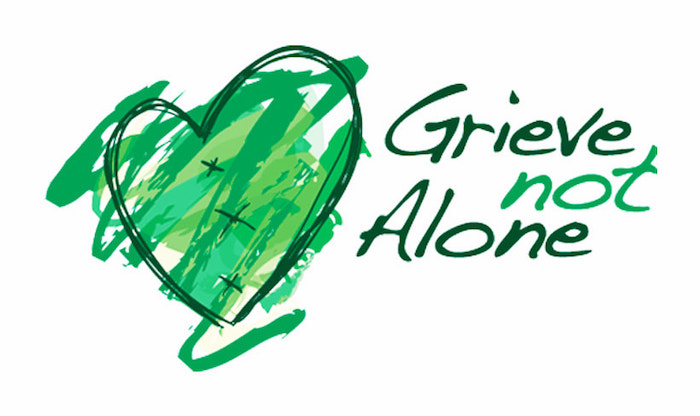“I couldn’t believe the suffering. We can’t not support these families.”
By Meghan Holohan
When Holly Wilkerson was 21 weeks pregnant with her second child, she went for an appointment to learn her baby’s gender. Instead she heard tragic news: The baby had passed away at 16 weeks. Soon after she went into labor and returned to the hospital to deliver her stillborn baby. She had no idea what would happen. Then Heather Bradley arrived.
“I was very thankful to have her navigating. I had given birth before. This was a very different experience, obviously,” Wilkerson, 32, a high school German teacher from Greensburg, Pennsylvania, told TODAY Parents. “She really helped talk us through the feelings we were feeling, kind of making sense of things.”
Bradley is a bereavement doula, a professional who supports people “through grief and loss” of childbirth. While doulas coach families through pregnancy, birth and the postpartum period, bereavement doulas help families through pregnancy loss. That means they comfort them during the labor and delivery, help them fill out death certificates, assist in making funeral arrangements, help moms when their milk comes in and coach them on how to react when people ask, “What happened to the baby?”
What does a bereavement doula do?
“It is stuff you never think you’ll need to think about,” Bradley, of Pittsburgh Bereavement Doulas, told TODAY Parents.
Bradley had worked as a doula for years, but when a friend suffered a miscarriage she felt stunned by what the grieving mom experienced.
“It was awful. Hearing what other people said to her and how other people abandoned her. I couldn’t believe the suffering,” Bradley said. “We can’t not support these families.”
She started researching bereavement doulas, sometimes called death doulas, and took some online courses and attended conferences. For the past year, she’s been offering her services in the Pittsburgh region.
“The research out there has shown what is important to these families is continuity of care,” she explained. “It is the same person who knows your story and your issues. Having access to resources and options is key.”
Heidi Faith founded the bereavement doula training network Still Birth Day, which she started after she experienced pregnancy loss and grappled with so many difficult challenges. She wondered how she could tell her husband or what it was like to be a mother to a child who did not live. She had worked as a doula for a decade, so she realized she could offer something to families going through the same thing.
“I am here to bridge the gap where birth and death meet. I am here to provide comfort,” the Kansas City, Missouri-based doula told TODAY Parents. A bereavement doula, she said, “is someone who can translate and help them move forward while they’re crumbling.”
Often family or friends of a woman going through pregnancy loss finds Faith and connect with her or another bereavement doula for support for their loved ones. Faith finds that treating the family with dignity and respect helps them mourn and celebrate their child.
“A few generations ago they thought the most prudent thing is to rush the baby out of the birth space and tell the mother just to move on,” she said. “Women in our family tree will tell you, ‘50, 60 years ago I gave birth to my baby and she died and we never talked about it. I wish we would have.’”
Complete Article ↪HERE↩!

